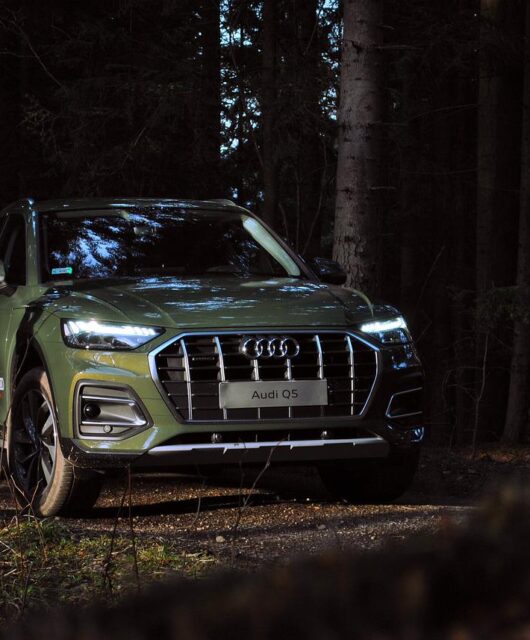Things to Take Into Account When Selecting the Best Trailer Hitch for Your Car
 Choosing the correct trailer hitch for your vehicle can be overwhelming. It requires careful consideration of several factors. The fundamental starting point is determining your vehicle’s towing capacity.
Choosing the correct trailer hitch for your vehicle can be overwhelming. It requires careful consideration of several factors. The fundamental starting point is determining your vehicle’s towing capacity.
Refer to the owner’s manual or contact the manufacturer to identify the maximum towing capability and hitch classes compatible with your SUV. Other essential factors include:
Table of Contents
Towing Capacity
The most important question is whether your vehicle and trailer are rated for the total load you’re hauling. The owner’s manual of any car or truck provides its GCWR (or gross combined weight rating), the maximum amount it can carry when loaded with passengers and cargo. To find your trailer towing capacity, you must calculate the base weight of your towing vehicle, including the chassis and all body and equipment weight, as well as its average payload for daily operation.
Most hitch classes are rated for a specific type of vehicle and trailer, but your hauling needs can vary considerably. For example, vehicles with heavy rear-loading cargo may require a class 5 hitch with a higher GTW rating than a light camper or boat. In such cases, it’s best to double-check the ratings every time you prepare to haul a trailer. It’s also essential to understand the difference between fixed and adjustable hitches.
Ball Mount
A guide on selecting the right trailer hitch for your vehicle. First, you’ll need to check the vehicle manufacturer’s specifications for its gross towing limit. This information will help you determine what class hitch your car or truck can safely pull and avoid damage to the vehicle and the trailer.
You’ll also need to choose a trailer ball mount that is compatible with the class of your trailer and has a high enough rise to accommodate the height of your trailer coupler. A quick measurement of the height from the bottom of your trailer’s coupler to the ground is an excellent way to get this number. These are built with steel for dependable strength and safety. They are also easy to use and have clear instructions to install them correctly.
Hitch Weight
Tongue weight is the force the trailer tongue applies to the hitch ball, which is crucial for safe towing. Too little, and a trailer can be dangerous to pull – it will sway from side to side, making it difficult to control. Too much and a trailer can overtax the vehicle’s rear suspension, potentially damaging it.
When choosing a hitch, look for one with sufficient tongue weight for your planned loads. It’s also good to have excess capacity if your needs change – you may want to purchase a larger boat or camper.
Typically, manufacturers will stamp or label the trailer coupler head with its size. This number will match the tow ball size on your hitch, ensuring a snug fit. You can also measure the coupler size using a tape measure or ruler. A tow ball size that perfectly matches the trailer coupler is ideal. It also helps to have safety components like anti-sway devices, which minimize trailer sway as you drive.
Design
A wide range of hitch accessories can help you with specific towing needs. For instance, hitch-mounted racks can transport bikes and cargo. At the same time, anti-sway devices help haul heavier loads by helping ensure that the trailer rides more evenly, reducing wear on your vehicle’s rear suspension components. You can also use a hitch cover or lock to protect the hitch when not in use and prevent theft.
When shopping for a trailer hitch, ensure the class suits the load you plan to tow. Avoid using a hitch with a higher class than your vehicle’s weight rating, as this could cause damage to the car and potentially void any manufacturer warranties. Look into a gooseneck or fifth-wheel tow hitch for heavier hauls than a receiver hitch. These hitches transfer the trailer’s weight to the tow vehicle’s back axle, which helps improve traction and control on the road.









